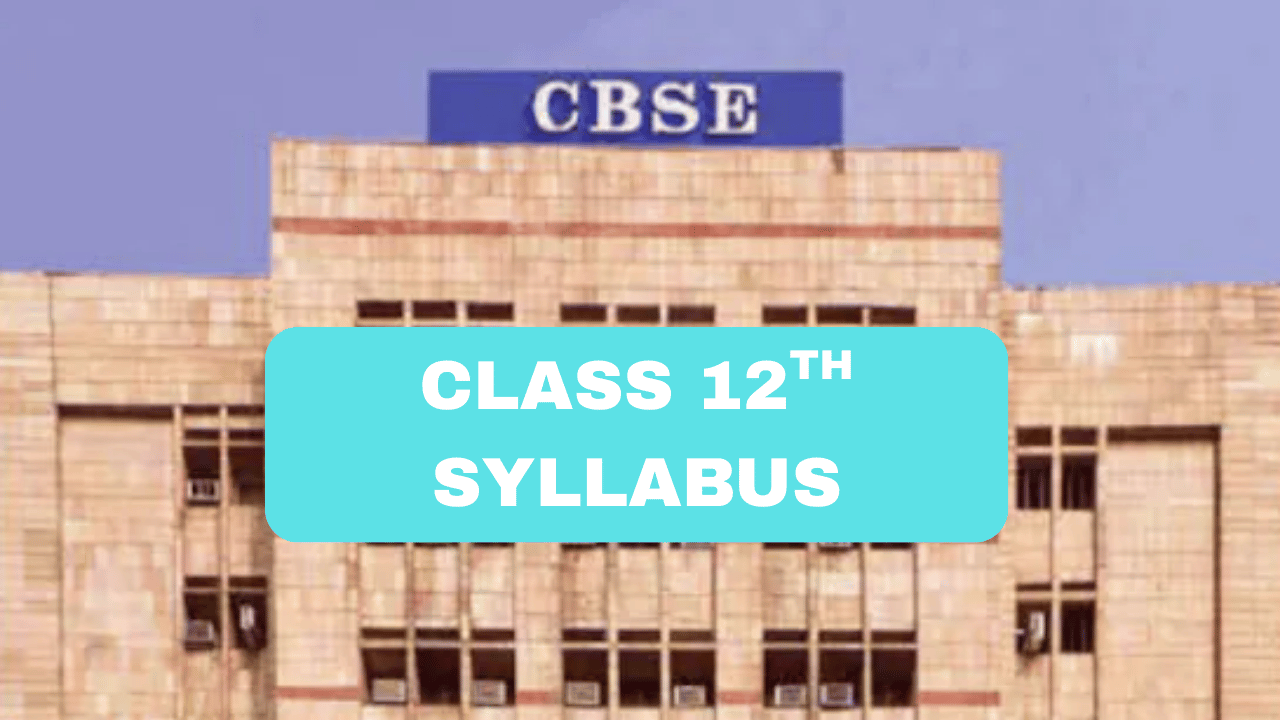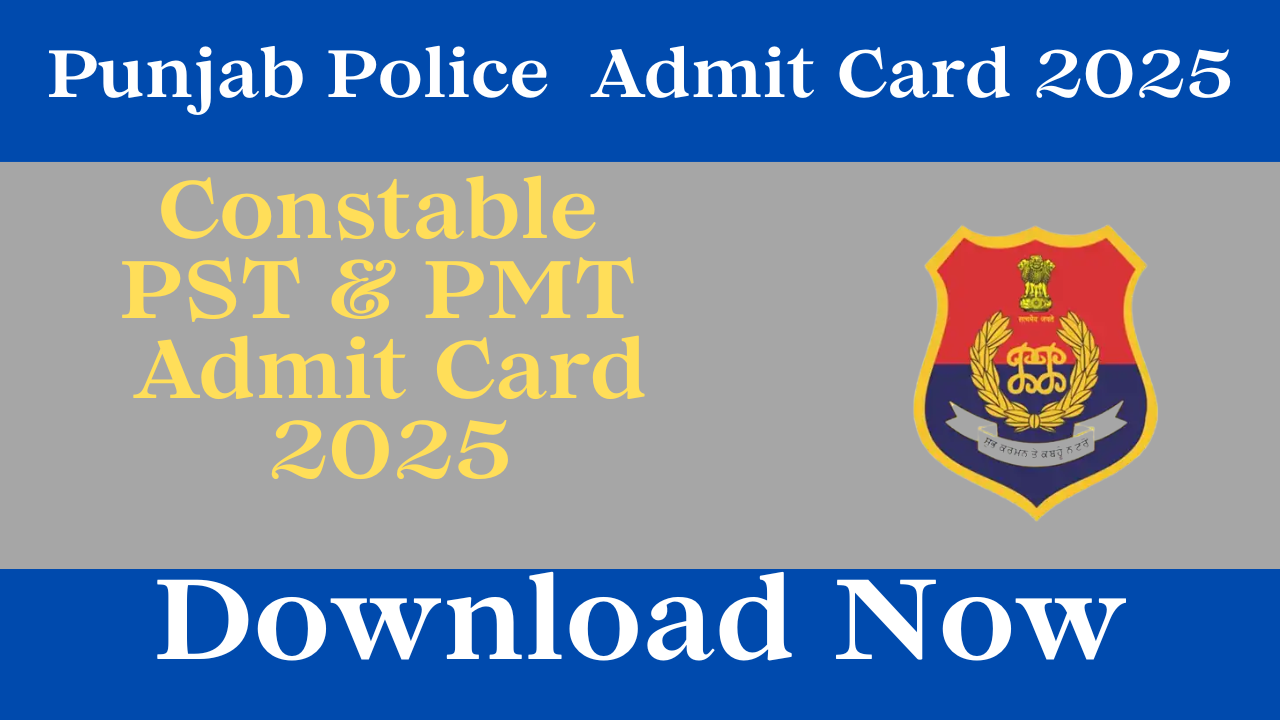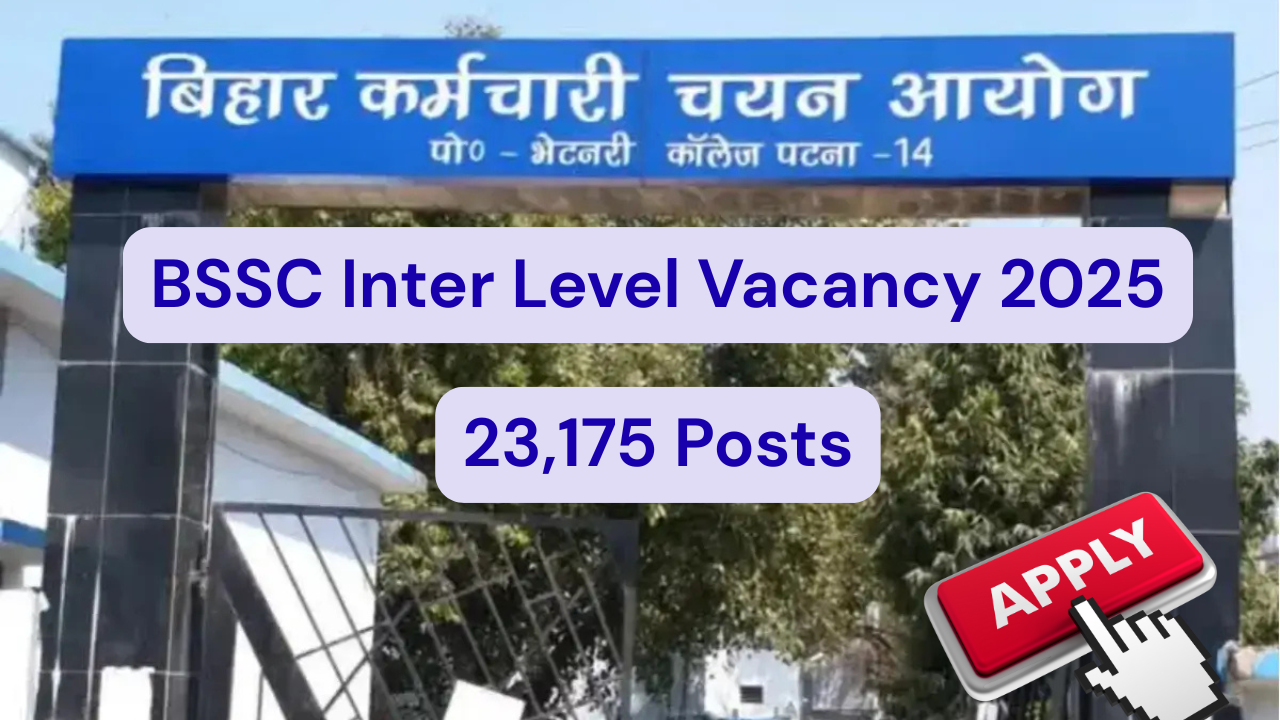CBSE Class 12 Syllabus 2025-26: Class 12 is a crucial juncture in a student’s academic journey. The syllabus, subject selection, and exam preparation in this year shape future options for higher education. The Central Board of Secondary Education (CBSE) has published the latest syllabus for Class 12 (2025-26) to reflect competency-based learning, clarity of objectives, and relevance to contemporary needs.
Why the Updated CBSE Syllabus Matters
1. Alignment with National Curriculum Framework
The revised syllabus is based on the CBSE Curriculum 2026 portal, reflecting alignment with the National Curriculum Framework (NCF) and a shift toward competencies, understanding, and application over rote recall.
2. Rationalization and Clarity
CBSE has aimed to remove redundant or low-importance topics and better distribute content across units. This helps make the syllabus manageable and focused.
3. Emphasis on Assessment for Learning
The syllabus is structured to support assessment for learning—which means students are tested not just on facts, but on application, analysis, evaluation, and higher-order thinking.
4. Uniformity Across Subjects
Whether you choose science, commerce, or humanities, the syllabus structure, weightage distribution, and evaluation methods follow a common design, facilitating balanced preparation.
Streams & Subject Categories
Before going subject-wise, here is how CBSE organizes Class 12 subjects:
- Languages (Group L): Core and elective languages (Hindi, English, regional / foreign languages)
- Core / Elective Subjects: Science (Physics, Chemistry, Biology, Mathematics, Computer Science, Biotechnology, etc.), Commerce (Accountancy, Business Studies, Economics, etc.), Humanities / Social Sciences (History, Political Science, Geography, Psychology, Sociology, etc.)
- Skill / Elective Subjects: Informatics Practices, Physical Education, Home Science, Fine Arts, etc.
- Internal / Practical / Project Components: Many subjects include practicals, projects, or internal assessment which carry weightage.
Also read: Top 10 Schools in India for Session 2025-26: Ranking, Admission, Fee, Location
Subject-Wise Highlights (Streams)
Below is a snapshot of what to expect in major subjects for 2025-26. For detailed sub-topics and marks distribution, always refer to the official PDFs on CBSE’s curriculum portal.
Mathematics (Code 041)
- The syllabus is revised to include real-life application, with units such as Relations & Functions, Algebra, Calculus, Vectors & 3D Geometry.
- Emphasis is on concept clarity and problem-solving.
- The internal assessment may include projects or assignments on real applications of mathematics.
Physics, Chemistry, Biology (Science Subjects)
- Core foundational topics like Mechanics, Electricity & Magnetism, Thermodynamics in Physics; Organic, Inorganic, Physical Chemistry; Plant & Animal Physiology, Genetics, Ecology in Biology.
- Practical/experimental work is significant—experiments, lab work, fieldwork, etc.
- Some reduction or rebalancing of topics has been done to streamline the syllabus.
Computer Science / Informatics Practices / Biotechnology
- Programming, data structures, computational thinking, networking, ethics are common themes.
- Practical lab work, coding projects, real life applications.
Accountancy, Business Studies, Economics (Commerce Stream)
- Accountancy covers financial statements, partnership, company accounts, and analysis.
- Business Studies: Principles of management, marketing, finance, organization structure.
- Economics: Microeconomics, macroeconomics, Indian economy, development issues.
Humanities / Social Sciences
- History: Themes from ancient to modern India and global history perspectives.
- Political Science: Indian politics, governance, international relations.
- Geography: Physical geography, human geography, environment, resource map skills.
- Psychology, Sociology: Human behavior, social institutions, research methods.
- Home Science, Fine Arts, Physical Education: Practical / project work is more central.
Languages
- English Core / Elective: Reading comprehension, writing & grammar, literature (prose, poetry, drama).
- Regional / Foreign languages: Grammar, literature, translation, and comprehension skills.
Assessment & Evaluation Scheme
- For most subjects, the theory/practical exam is for 80 marks, and 20 marks is internal / assessment component (projects, assignments, periodic tests).
- Time duration of exams is generally 3 hours, unless specified otherwise.
- The evaluation process is designed to test conceptual understanding, application, and higher-order thinking rather than only memory-based recall.
How to Plan & Use This Syllabus Effectively
- Get Official Syllabus PDFs
Always download from CBSE’s curriculum page to ensure you have the latest version. - Segment Based on Units & Weightage
Note which units carry higher marks and allocate study time accordingly. - Integrate Internal Assessment Early
Don’t leave projects or assignments to the last minute. Align them with your study schedule. - Regular Revision & Mock Tests
After completing unit coverage, do periodic revisions and full-length mock tests. - Interlinked Learning Across Subjects
Many topics in commerce, economics, geography, environment overlap—use that to reinforce learning. - Time Management
Allocate time proportional to difficulty and weightage. Subjects like Mathematics and Physics often need more practice. - Stay Updated on CBSE Circulars
CBSE may issue clarifications, modifications, or sample papers—keep checking their official site. - Use NCERT & Supplementary Materials
NCERT textbooks remain a reliable base. Supplement with sample papers, reference books, and previous years’ papers.
Challenges Students May Face & How to Overcome Them
- Volume of Syllabus
Even after rationalisation, there’s a lot to cover. Time management and sticking to a schedule is key. - Practical / Internal Load
Projects, lab work, and internal assessments demand consistency throughout the year. - Changing Question Patterns
Newer question types (e.g. source-based, case-based, higher-order reasoning) will feature more—practice varied formats. - Switching Streams / Subjects
Students moving streams (e.g. from commerce to science) must manage foundational gaps by self-study or tuition support. - Balancing Competitive Exam Prep
Many Class 12 students also prepare for JEE, NEET, etc. Harmonising CBSE syllabus and entrance exam prep is challenging but doable with smart planning.
Conclusion
The CBSE Class 12 Syllabus 2025-26 is designed to balance depth, breadth, and application. For students, success lies in understanding the structure, planning wisely, and executing consistently. Teachers and schools must align instruction, internal assessments, and revision strategies to this updated framework.
With discipline, clarity, and smart preparation, you can not only master the Class 12 syllabus but also build a strong foundation for higher studies and competitive exams.
Also read: CBSE Class 10 Syllabus 2025-26: Subject-Wise PDF & Exam Pattern
FAQs
1. Where can I download the official CBSE Class 12 Syllabus 2025-26?
From CBSE’s “Curriculum / Syllabus” section on their official site (cbseacademic.nic.in).
2. Has CBSE reduced the Class 12 syllabus for 2025-26?
Yes, CBSE has made some revisions and removed or rationalized certain topics to reduce redundancy.
3. What is the exam pattern for Class 12 subjects?
Generally, 80 marks for theory/exam and 20 marks for internal assessment/practical components.
4. Are practical exams compulsory in Class 12 for science subjects?
Yes, practicals and internal assessments are integral parts of evaluation in subjects like Physics, Chemistry, Biology, and Computer Science.
5. Does every subject have an internal assessment component?
Most do. The internal assessment may include projects, assignments, periodic tests, lab work, etc.
6. Can I choose any six subjects?
The choice depends on the stream (Science / Commerce / Humanities) and the combinations schools offer.
7. How should I allocate study time across subjects?
Prioritize high-weightage and tougher subjects first (Maths, Physics, Accountancy etc.), but maintain regular study in all.
8. Will there be objective/MCQ questions in exams?
Yes, CBSE includes a mix of objective, short answer, long answer, and case-based questions.
9. What skills are tested beyond factual knowledge?
Application, analysis, evaluation, reasoning, interpretation—higher order thinking skills are emphasized.
10. Can I switch subjects after starting Class 12?
Changing major subjects mid-year is difficult and not always feasible. Planning before the academic year begins is better.









